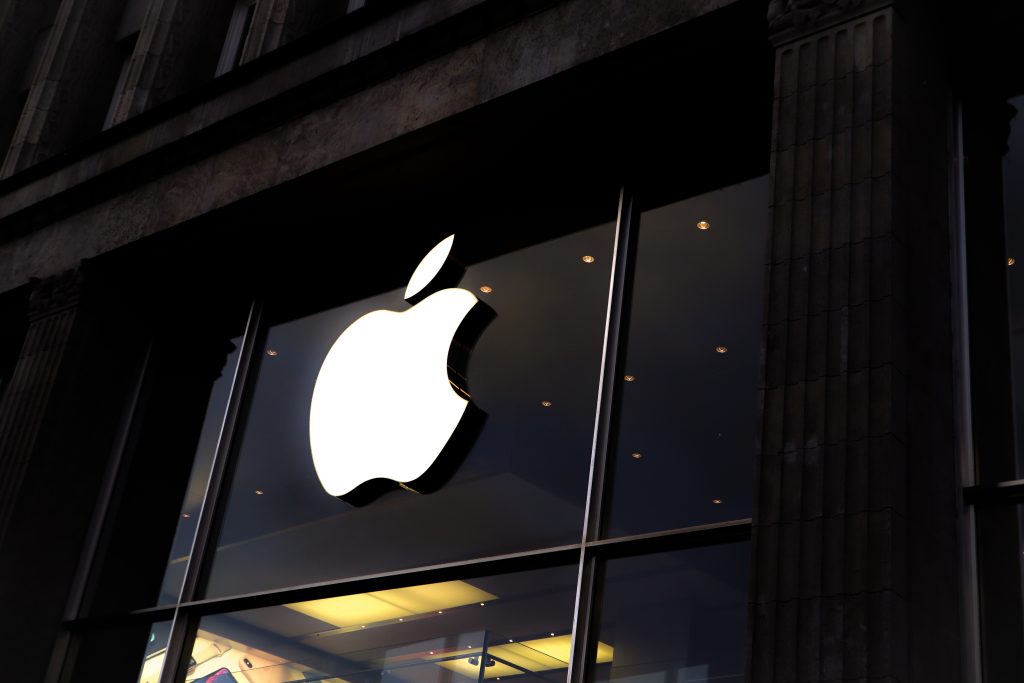In the ever-evolving world of technology and mobile payments, Apple finds itself embroiled in a new class action lawsuit filed by Venmo and Cash App customers. The complaint alleges that Apple, with its market power and dominance, has unjustly restricted competition for mobile peer-to-peer payments, leading consumers to bear the burden of “rapidly inflating prices.” This fascinating lawsuit, filed by four consumers from different states, sheds light on Apple’s agreements with PayPal’s Venmo and Block’s Cash App, accusing the tech giant of violating US antitrust laws.
What makes this lawsuit even more intriguing is its connection to the cryptocurrency realm. The plaintiffs argue that Apple’s decision to block certain cryptocurrency wallets from its App Store has further stifled competition in the mobile payment arena. As a result, transfer fees between digital wallets on iPhones have flourished, leaving consumers with limited options and ever-increasing costs.
To fully comprehend the implications of this case, it’s essential to delve into the core issue at hand—the alleged abuse of market power by Apple. The lawsuit suggests that, through its agreements with Venmo and Cash App, Apple has effectively monopolized the mobile peer-to-peer payment market. By doing so, it has restricted healthy competition and left consumers at the mercy of rising prices. This claim raises crucial questions about the balance of power and fairness in the world of mobile payments.
However, it is the cryptocurrency aspect that adds an extra layer of intrigue to this lawsuit. Apple’s decision to block certain cryptocurrency wallets from its App Store has not only caused frustration among investors and enthusiasts but also allegedly further solidified Apple’s monopoly. By preventing the use of alternative digital wallets, Apple has effectively limited users’ options and allowed the existing transfer fees to thrive unchecked.
The lawsuit seeks to address these concerns by demanding that Apple allow the use of disallowed crypto wallets on its platform. The plaintiffs argue that this would promote healthy competition, giving consumers more choices while also potentially curbing the rise of transfer fees. Additionally, the lawsuit requests that Apple segregate or divest its Apple Cash business, believing that this will prevent further harm to consumers in the iOS Peer-to-Peer Payment Market.
While the future outcome of this class action lawsuit remains uncertain, it sheds light on the intricate dynamics between tech giants, mobile payment platforms, and the cryptocurrency realm. As Apple continues to dominate the smartphone market and shape the mobile payments landscape, it is crucial to scrutinize their actions to ensure fair competition and consumer-friendly practices.

Regardless of the lawsuit’s ultimate verdict, it serves as a timely reminder that the world of finance and technology is rapidly evolving. As new technologies and cryptocurrencies emerge, it is vital for regulatory bodies to keep a close eye on market behaviors, ensuring that innovation does not come at the expense of fair competition or consumer well-being.
In the coming months, all eyes will be on the San Jose federal court, where this class action lawsuit will play out. The implications of this case could have far-reaching consequences for the mobile payments industry, as well as the broader fintech and cryptocurrency sectors. Only time will tell how this legal battle will unfold, but one thing is certain—an intriguing saga lies ahead, one that will shape the future of mobile payments and the role of tech giants like Apple.



